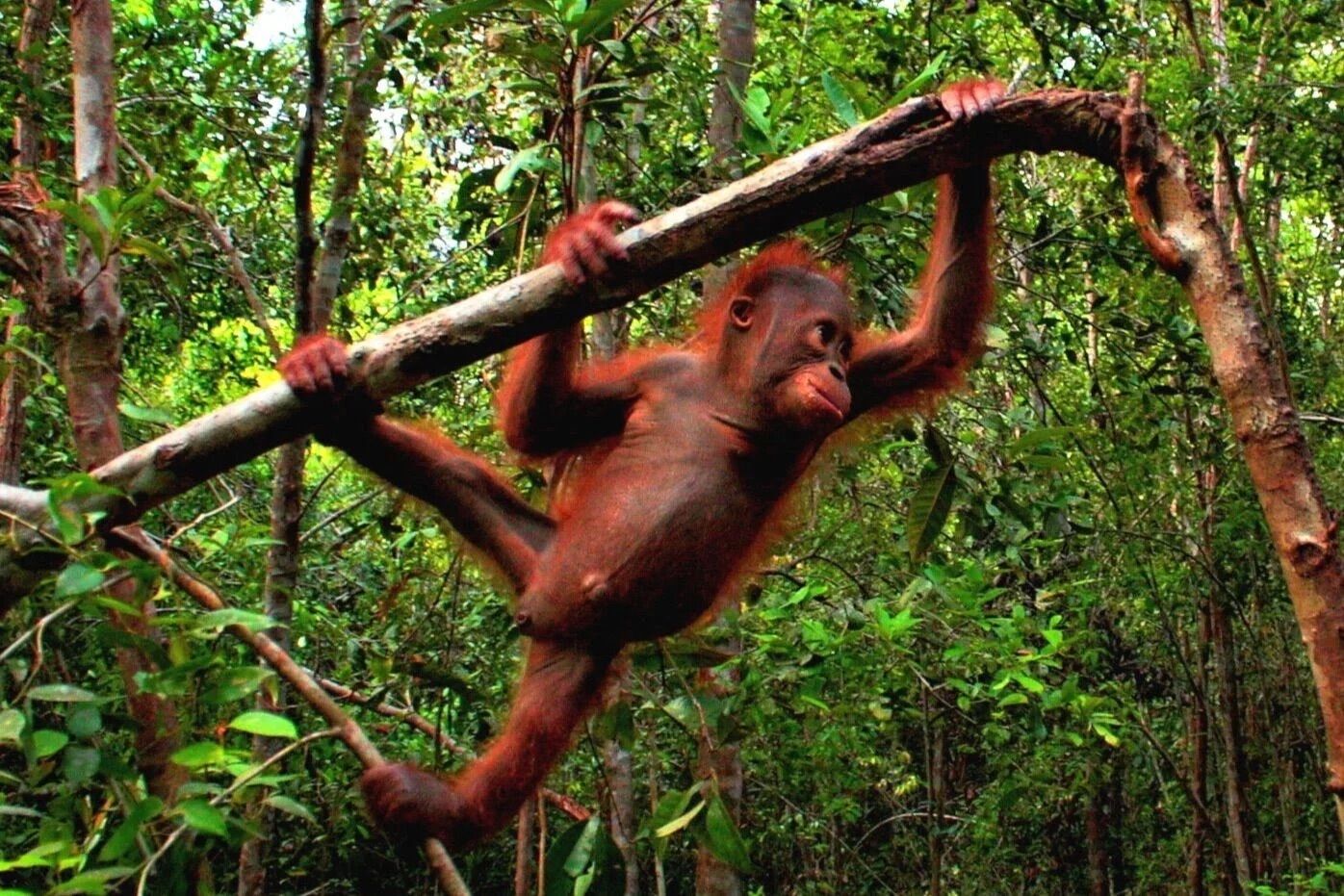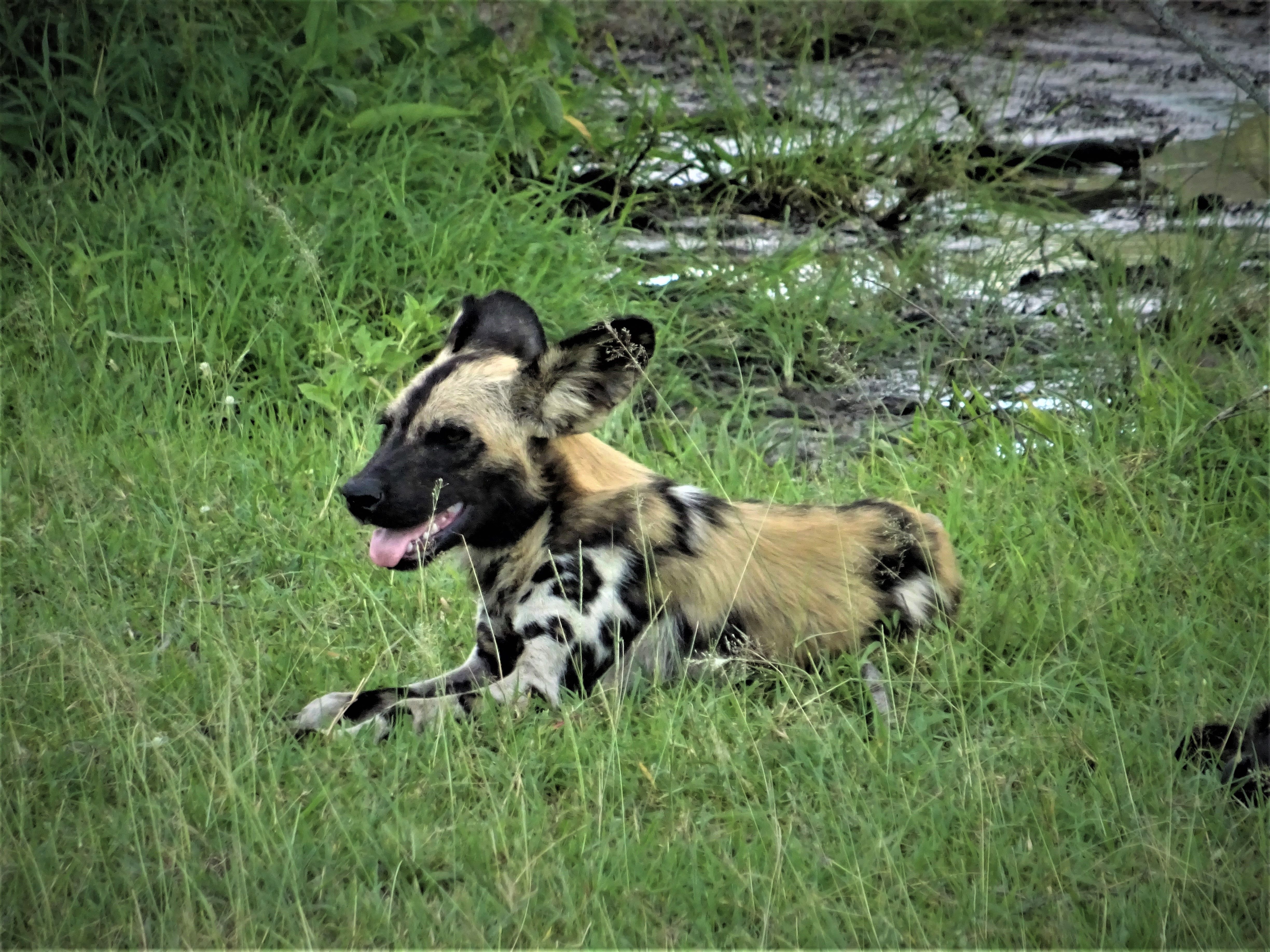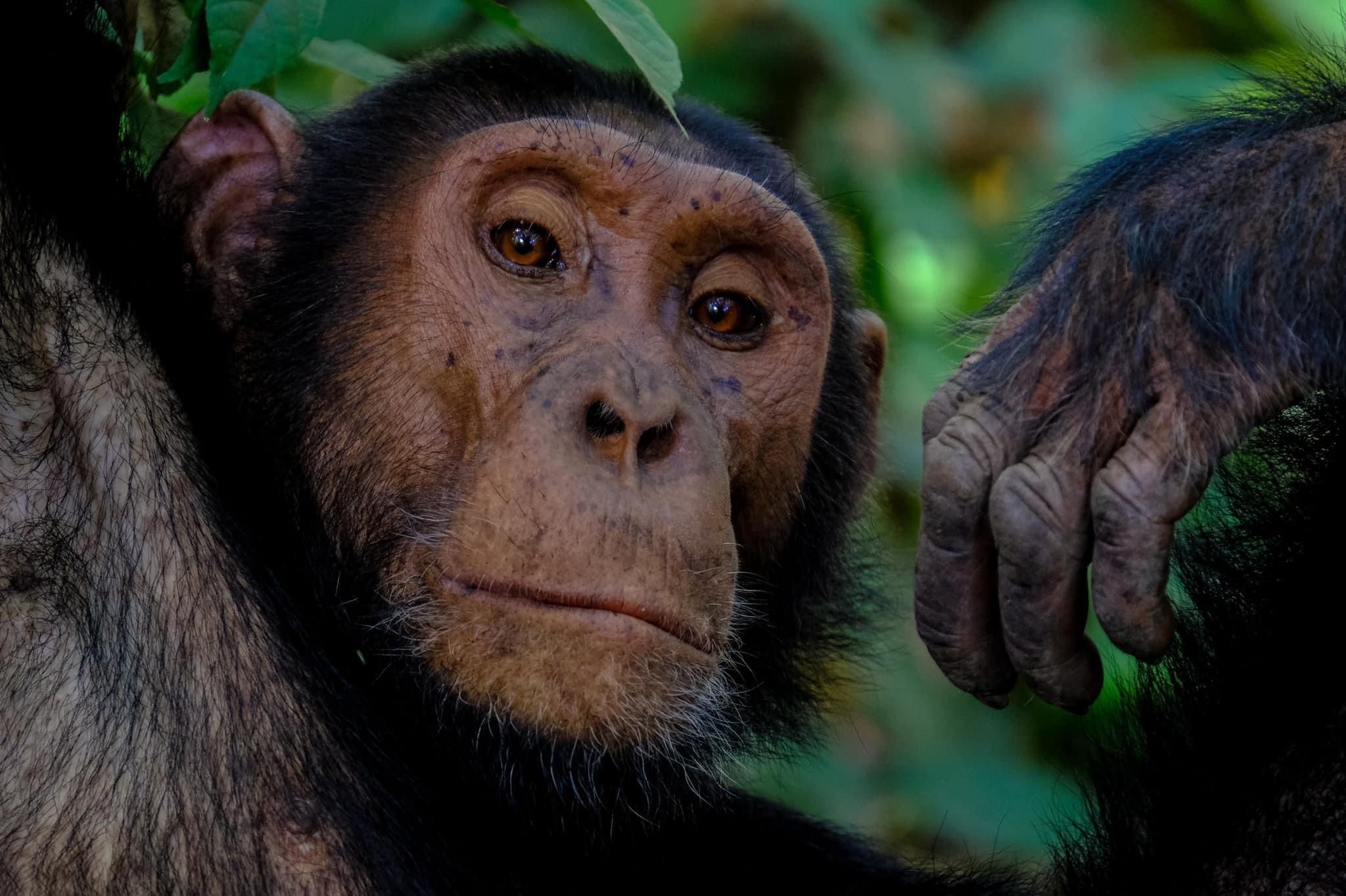George Kingston is an all-out outdoor person. He holds a B.A. in Political Science and an M.S. in Sustainability Science & Practices from Stanford University. His training has motivated him to advocate for greater sustainability and accessibility within outdoor activities. These days, George is working as an actor and screenwriter to depict our relationships with the natural world.
We never thought about this and here at Mojostreaming, we thank George for educating us!
We would like to hear from you. Do you have any other suggestions on what other changes can be made?

The ongoing coronavirus pandemic is a direct consequence of
our broken relationship with nature. Scientists have long been warning us that
humanity’s destruction of nature, left unchecked, will result in the spread of
deadly diseases, droughts, famines and other disasters. For decades, amid the
hustle and bustle of our daily lives, these warnings fell on deaf ears. But we
no longer have the luxury to ignore the deep interconnection between human
health and nature. The continuous loss of habitats and biodiversity is threatening
the existence of all living beings, including us.
This is where conservation comes into play. Conservation is
the strongest weapon we have to protect the planet we call home. But while
conservation is crucial for our survival, its importance is not being
communicated to masses in an efficient way, especially where it matters the
most in the world. interiorsafarisea.com

 On my today’s thoughts i will talking about Africa in relation to conservation. Well In Africa, the conservation story has long been told from an external perspective, the perspective of science, and the West. The African people , cultures, heritage, knowledge and aspirations have only been a small part of the conversation, an afterthought. Together with mojo live streaming, We need to change this, and reclaim our role in the fight to save the planet and the future of Animals and humans.
On my today’s thoughts i will talking about Africa in relation to conservation. Well In Africa, the conservation story has long been told from an external perspective, the perspective of science, and the West. The African people , cultures, heritage, knowledge and aspirations have only been a small part of the conversation, an afterthought. Together with mojo live streaming, We need to change this, and reclaim our role in the fight to save the planet and the future of Animals and humans.
Africa’s human population is expected to double by 2050.
That would be approximately 2.5 billion people, meaning more than a quarter of the world’s people will be in Africa. And almost 70 percent of Africans will be under the age of 40. This will undoubtedly add to the momentum of the continent’s development.
But on the other hand, nature is already being destroyed at unprecedented rates in Africa in the name of development. The way we produce and consume food and energy, coupled with the blatant disregard for the environment entrenched in our economic system, have already brought the natural world of the continent to a breaking point. A rapid increase in population is likely to speed up this destruction.
However, together with mojo live streaming, it is still possible to build a future in which the continent’s biodiversity is protected, under which its people are fed, industries are running, and its economies are sustainable and prosperous.
To achieve this, we need to make conservation a primary concern for all Africans and the rest of the world And perhaps more importantly,
we (AFRICANS) need to realise that we are not the only Africans. For me it would be arrogant for us to think that other species sharing this continent with us should pay the price for our development.
Mountain Gorillas,Giraffes, for example, are only found in Africa, and therefore, they are as African as we are. They have a right to exist as much as we do. And their survival is tied to our survival.
To be continued in my next episode……